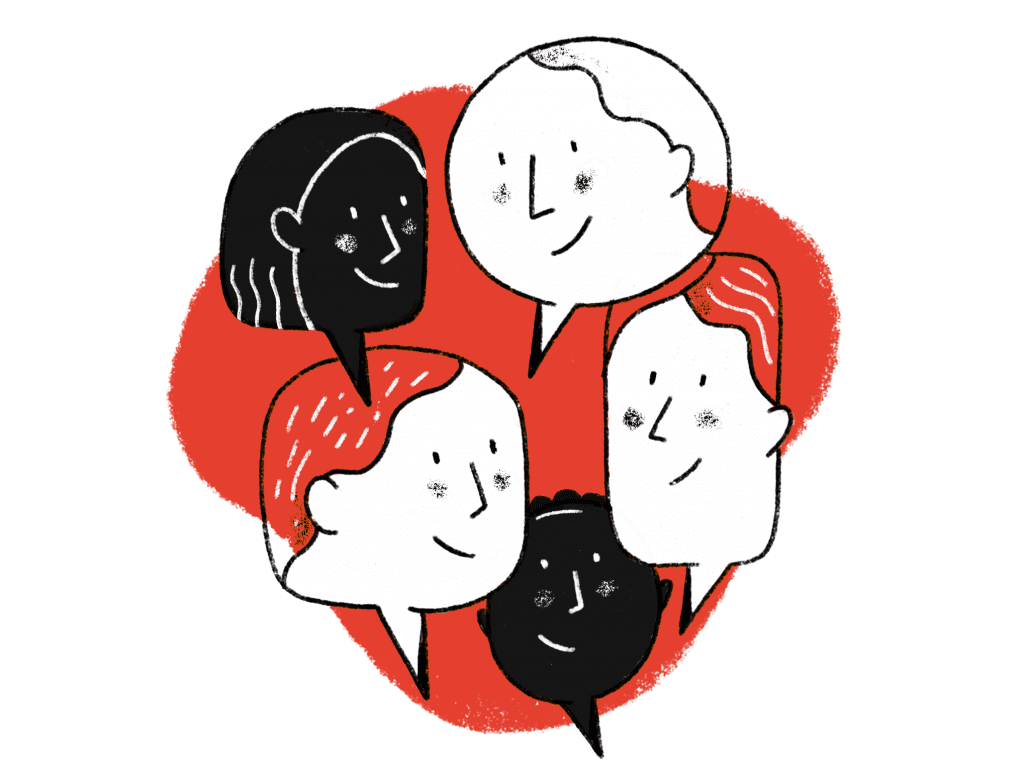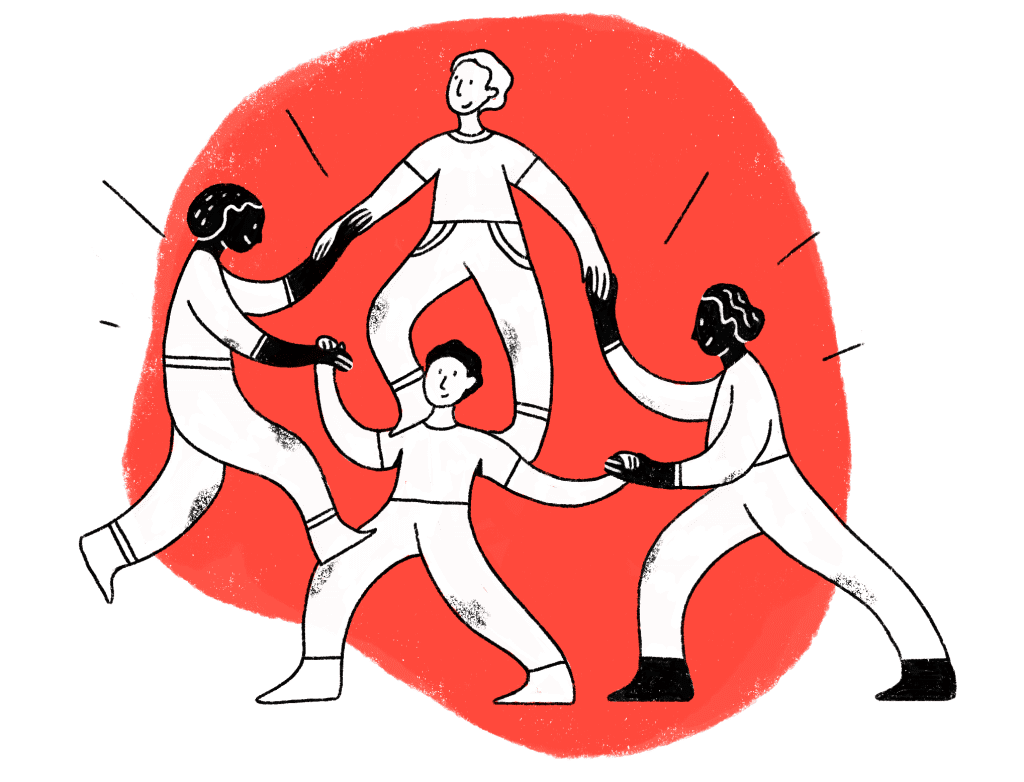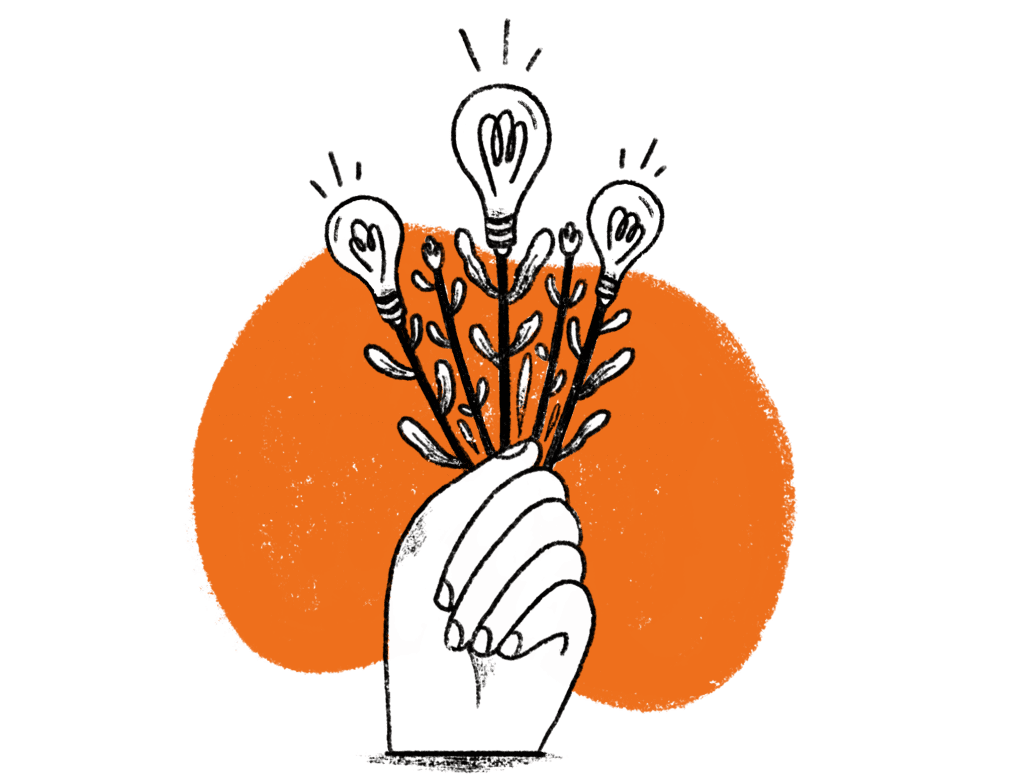
15 June 2025
8 min.
Competence
3 February 2025
5 min.

They go by many names—transversal skills, human skills, interpersonal skills, personal skills, or even behavioural skills. But no matter what you call them, one thing is certain: in 2025, soft skills will be more crucial than ever in the workplace.
Simply put, soft skills are what help you navigate and interact effectively with the world around you. The best part? They’re transferable! Whether you switch teams, industries, or roles, strong communication, collaboration, and learning abilities will always give you an edge.
Every year, we support numerous organizations—both big and small—in their skills development strategies. Over time, we’ve gathered a wealth of data on the most in-demand soft skills. So without further ado, here are 10 soft skills that we believe will be among the most sought-after in 2025!
Communication is not just sending a message or contacting a colleague with a question. We communicate every day, but are we doing it the right way? Make no mistake about it! Mastering communication is an art.
The good news? When it comes to communication, small adjustments often have a big impact.

The only constant… is change! While we understand this in theory, in practice, change is uncomfortable, generates uncertainty (and therefore stress), and is rarely welcomed with open arms. But it is possible to learn how to manage and welcome change to make transitions smoother.

Good collaboration is important for good teamwork. Better collaboration is about communicating authentically, driving engagement, activating creativity, and generating effective problem-solving mechanisms. In doing so, it is not only the teams that benefit but the entire organization!

What if you and your colleagues could develop your professional skills on an ongoing basis, without having to participate in one-off training sessions every few months? What if, in addition, each of you could work on the specific skills you want? And, finally, what if you could help each other in your respective learning processes? This is what coaching allows when it is practiced regularly within an organization!

You can’t talk about performance without talking about excelling as a team. Do you know the saying? Alone, we go faster. Together, we go further! When this skill is mastered collectively, the actions of each person reveal the true potential of the team.

Do you remember the last time you received constructive feedback? While some may feel uncomfortable giving or receiving it, it is actually a powerful development gas pedal. By maximizing the potential of each individual, feedback allows us to become better versions of ourselves and to propel work teams to new heights!

When it comes to recognition at work, some people think about the next pay raise, the annual gala or the bonus that will soon be paid. However, a lasting sense of recognition is best conveyed through non-monetary, ongoing recognition.

Workplace inclusion is the art of creating an environment where everyone—regardless of their background, experiences, or skills—not only feels welcome but also recognized and valued. It’s about fostering a culture that goes beyond differences, strengthening collaboration, and allowing everyone to thrive.

Have you ever been part of a team where you could truly be yourself, even during tough times? Where you didn’t have to put on a façade, and open communication was encouraged? If so, chances are you were in an environment with a strong sense of psychological safety.
The best practices in terms of psychological safety in the workplace

Autonomy is essential to thrive at work, no less! In fact, according to studies, three fundamental (and universal!) psychological needs are essential to wellbeing and optimal functioning at work. Autonomy is one of these needs. So, where do your employees stand in terms of autonomy?

Which soft skills do you think will matter most in 2025? Do your teams need to improve communication, navigate change more effectively, or strengthen collaboration? Or maybe, on a personal level, you’re looking to develop more inclusive leadership, gain autonomy, or get better at giving and receiving feedback?
At Boostalab, our mission is clear: to make soft skills development effective, practical, and enjoyable. Because let’s face it—human skills aren’t just a “nice-to-have” in the workplace; they’re essential. That’s why we help organizations of all sizes through engaging, action-oriented training. Here’s how we do it:
Le Lab – Our new e-learning platform gives you access to interactive training whenever and wherever you need it. Simple, flexible, and engaging!
Interactive training paths – Multi-week learning experiences that combine workshops with hands-on practice.
Training boost – 30 days to develop a key skill with bite-sized content, real-world challenges, and immediate action.
Ready-to-train kits – High-impact, off-the-shelf training content ready to be integrated into your organization’s LMS.
Not sure where to start? Take our quiz to find the solution that best fits your needs!
Blog